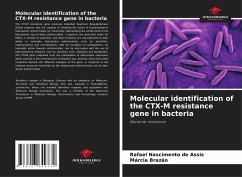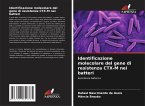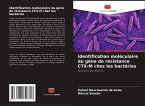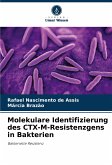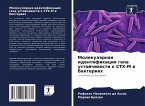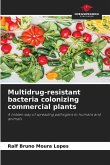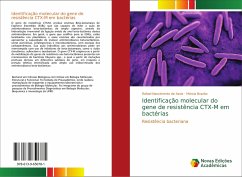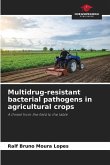The CTX-M resistance gene produces Extended Spectrum Beta-lactamase (ESBL) enzymes that are capable of inhibiting the action of broad-spectrum beta-lactam antimicrobials by irreversibly hydroxylating the amide bond of the beta-lactam ring of these antimicrobials. In general, the gene that codes for ESBLs is located on plasmids, and these enzymes are characterised by their ability to inactivate beta-lactam antimicrobials such as penicillins, cephalosporins and monobactams, with the exception of carbapenems. Its hydrolytic action towards antimicrobials can be interrupted with the use of beta-lactamase inhibitors such as clavulanic acid, sulbactam and tazobactam. The CTX-M gene originated from the mobilisation of beta-lactam resistance genes present in the chromosomes of Kluyvera spp. bacteria, which from point mutations derived into different subtypes of the gene, in response to the selective pressure intensified by the widespread indiscriminate use of beta-lactam antimicrobials.
Bitte wählen Sie Ihr Anliegen aus.
Rechnungen
Retourenschein anfordern
Bestellstatus
Storno

